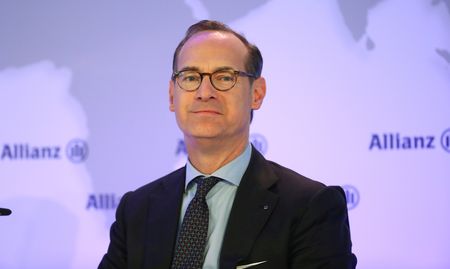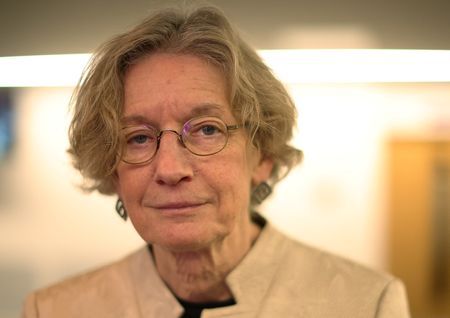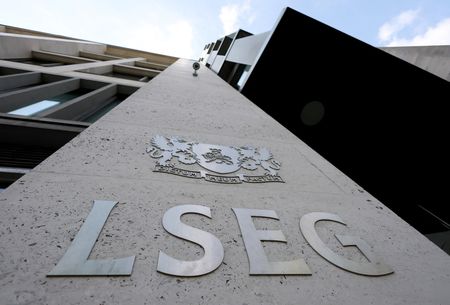MUNICH (Reuters) -Allianz’s fund management arm AGI can resume business in the United States after being forced to exit the market following a fraud scandal, the German company’s CEO said, helping draw a line under a bleak period for the German financial giant.
In 2022, Allianz agreed to pay more than $6 billion and its U.S. asset management unit pleaded guilty to criminal securities fraud over the collapse of a group of investment funds early in the COVID-19 pandemic.
Allianz’s settlements with the U.S. Department of Justice and U.S. Securities and Exchange Commission under the administration of U.S. President Joe Biden were among the largest in corporate history and resulted in a ban on AGI operating in the United States.
“We got our license back from the SEC to operate asset management in the U.S. again,” Allianz CEO Oliver Baete told journalists on Tuesday.
The original ban was for 10 years but was lifted after only 3-1/2 years. The SEC did not give a reason for the decision in the letter to Allianz but the German group said it and AGI had fulfilled all of their obligations and had dissolved the U.S. affiliate of AGI.
In orchestrating the exit, Allianz sold most of its U.S. AGI business to the New York-based asset manager Voya Financial, and Allianz received 24% in Voya in return.
An Allianz spokesperson said that the lifting of restrictions in the United States opens up Allianz’s options there but that the company was “satisfied with our current position” and had no further announcements.
Once managing more than $11 billion of assets, the so-called Structured Alpha funds lost more than $7 billion as COVID-19 roiled markets in February and March 2020.
Allianz Global Investors US LLC, as the division was formally known, was accused of misleading pension funds for teachers, bus drivers, engineers, religious groups and others by understating the funds’ risks and having “significant gaps” in its oversight.
(Reporting by Alexander Huebner; Writing by Tom Sims; Editing by Rachel More and Emelia Sithole-Matarise)









